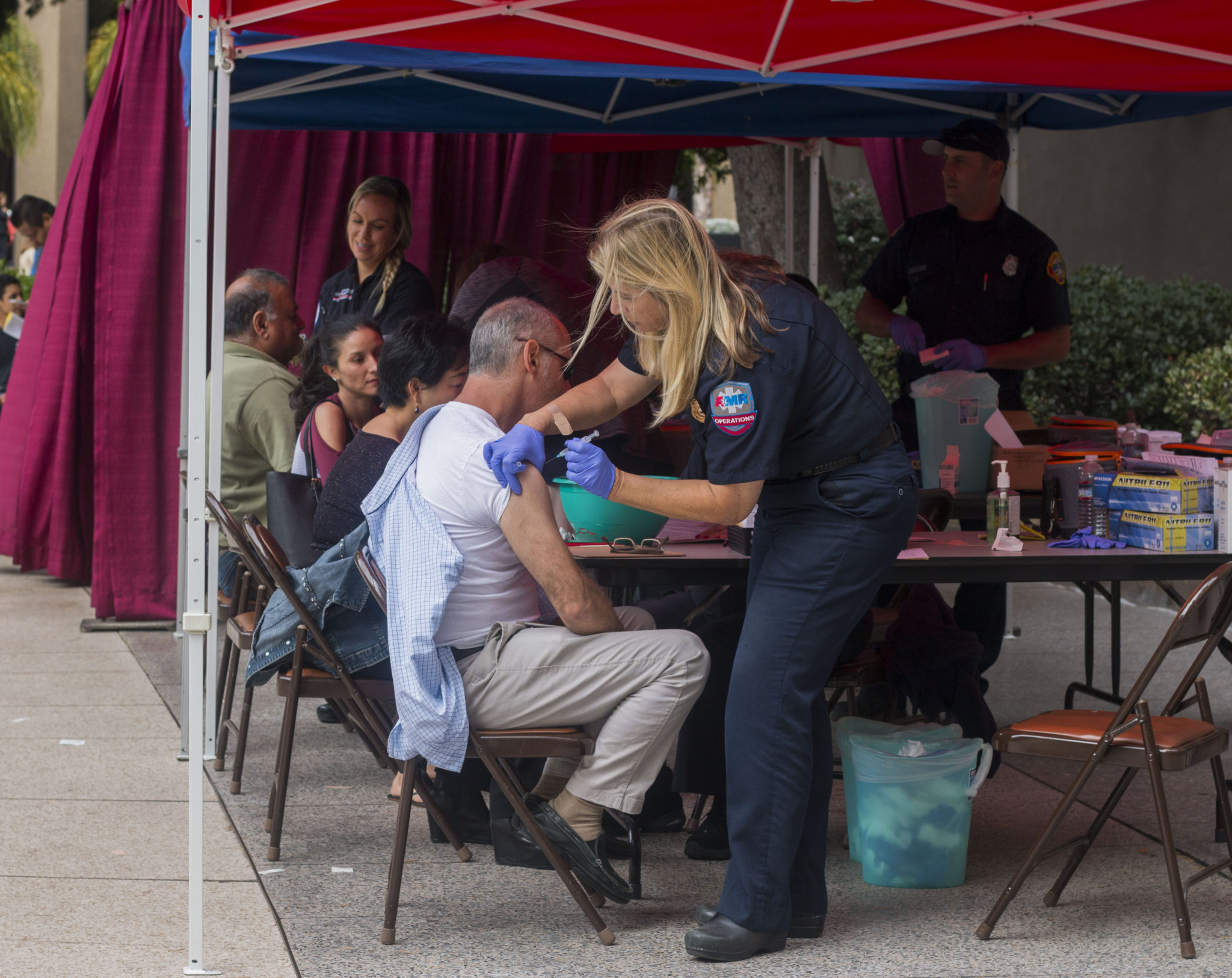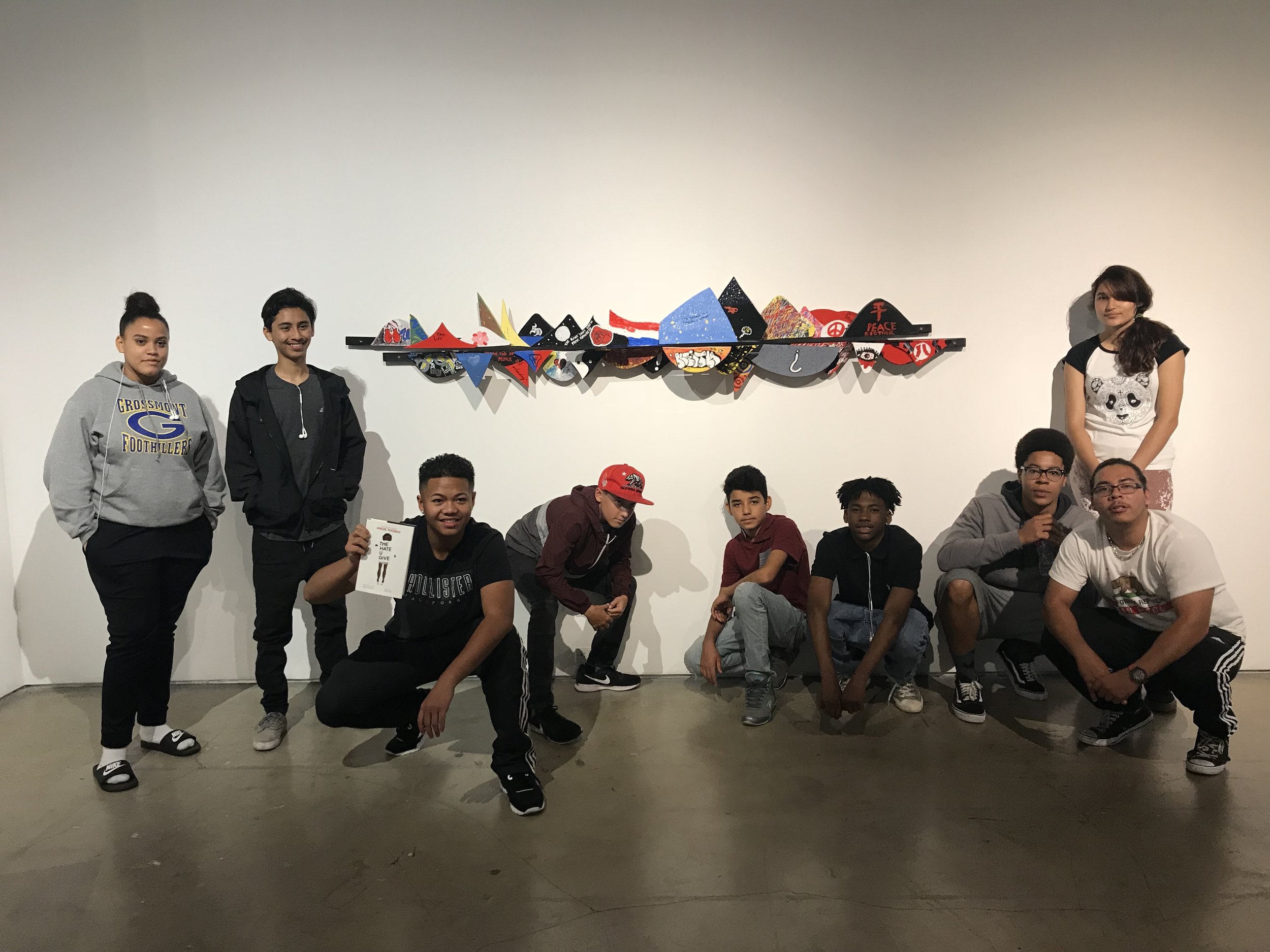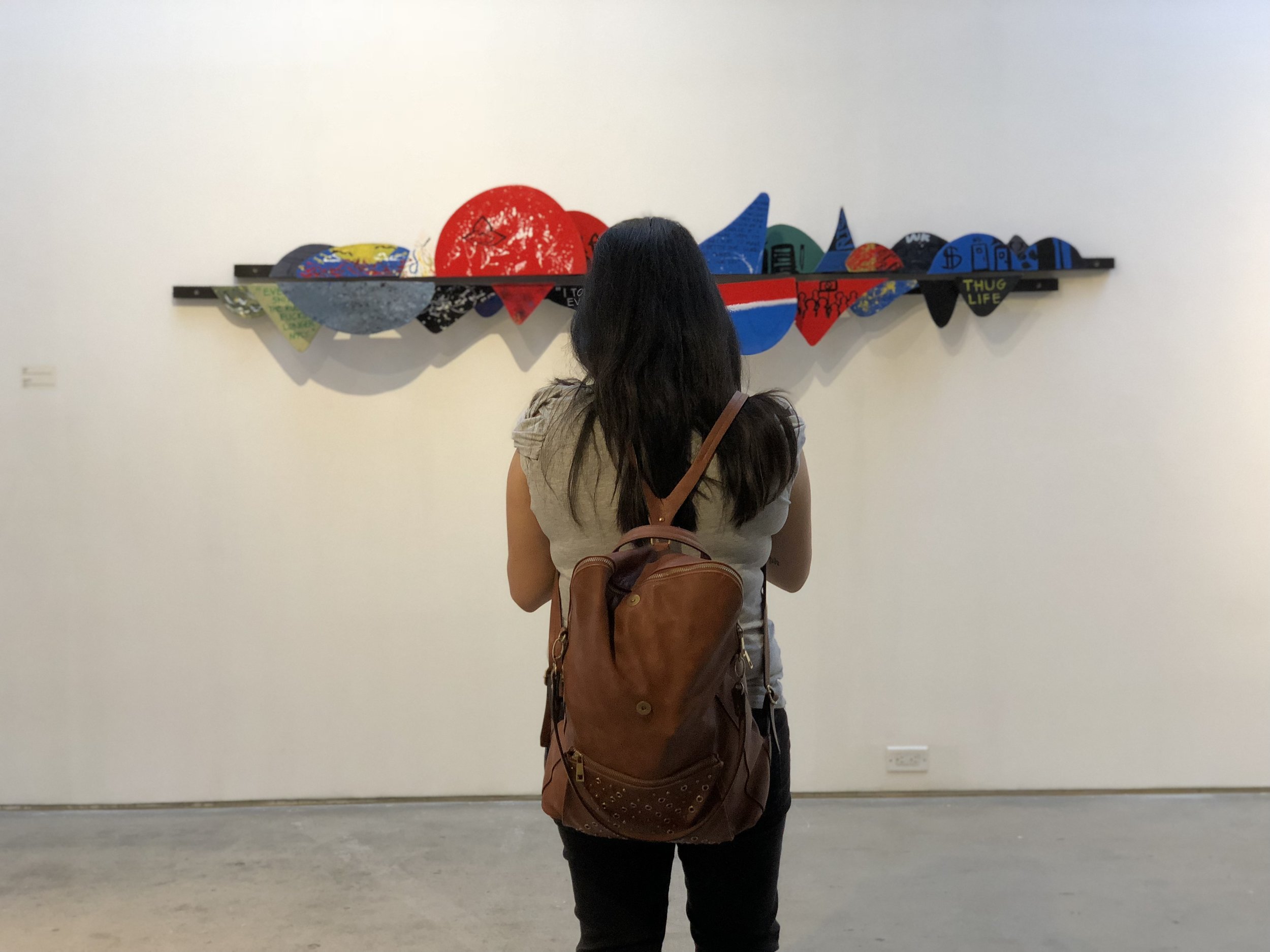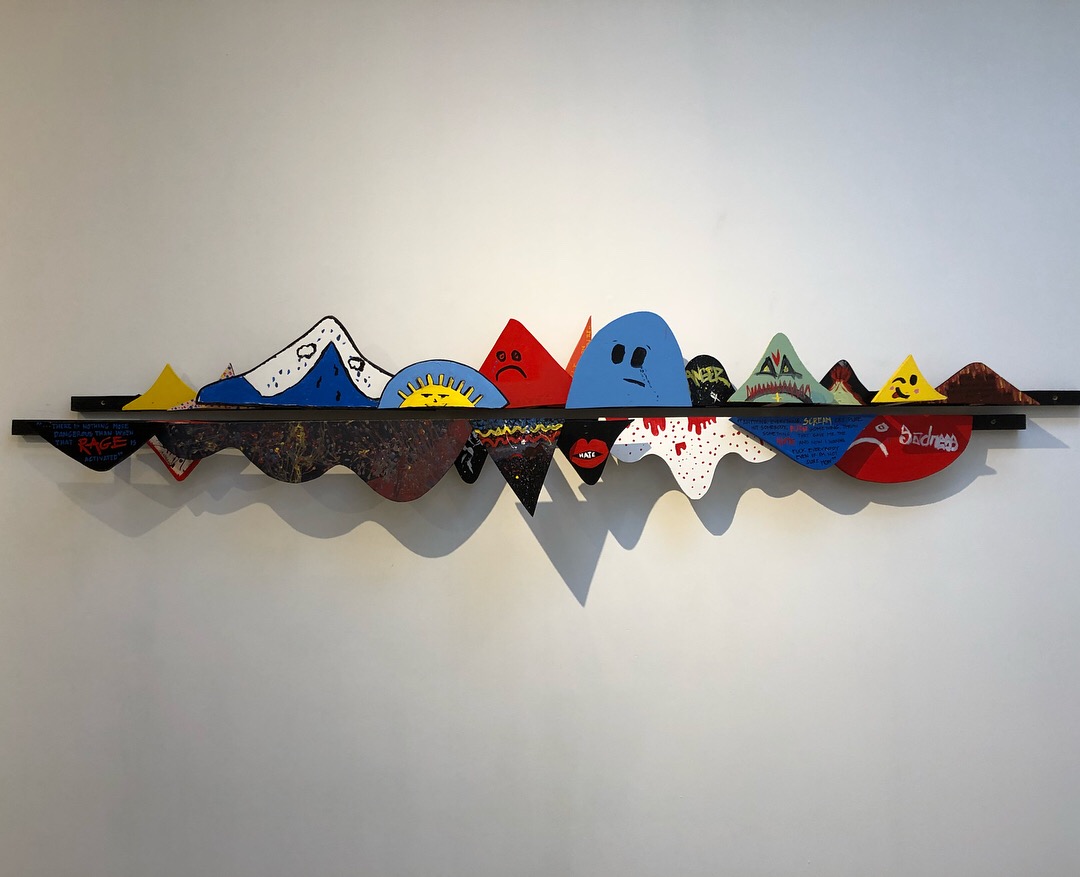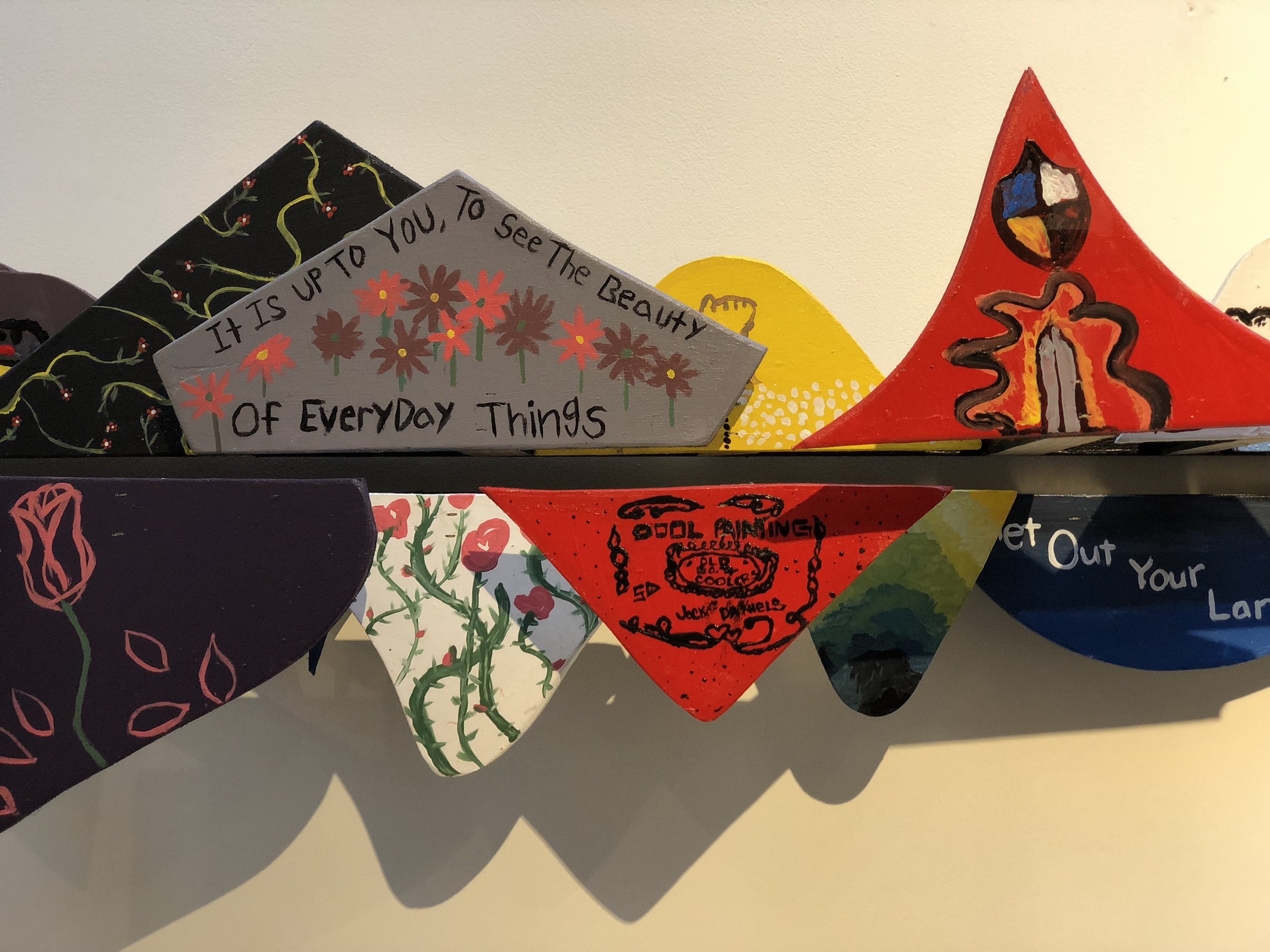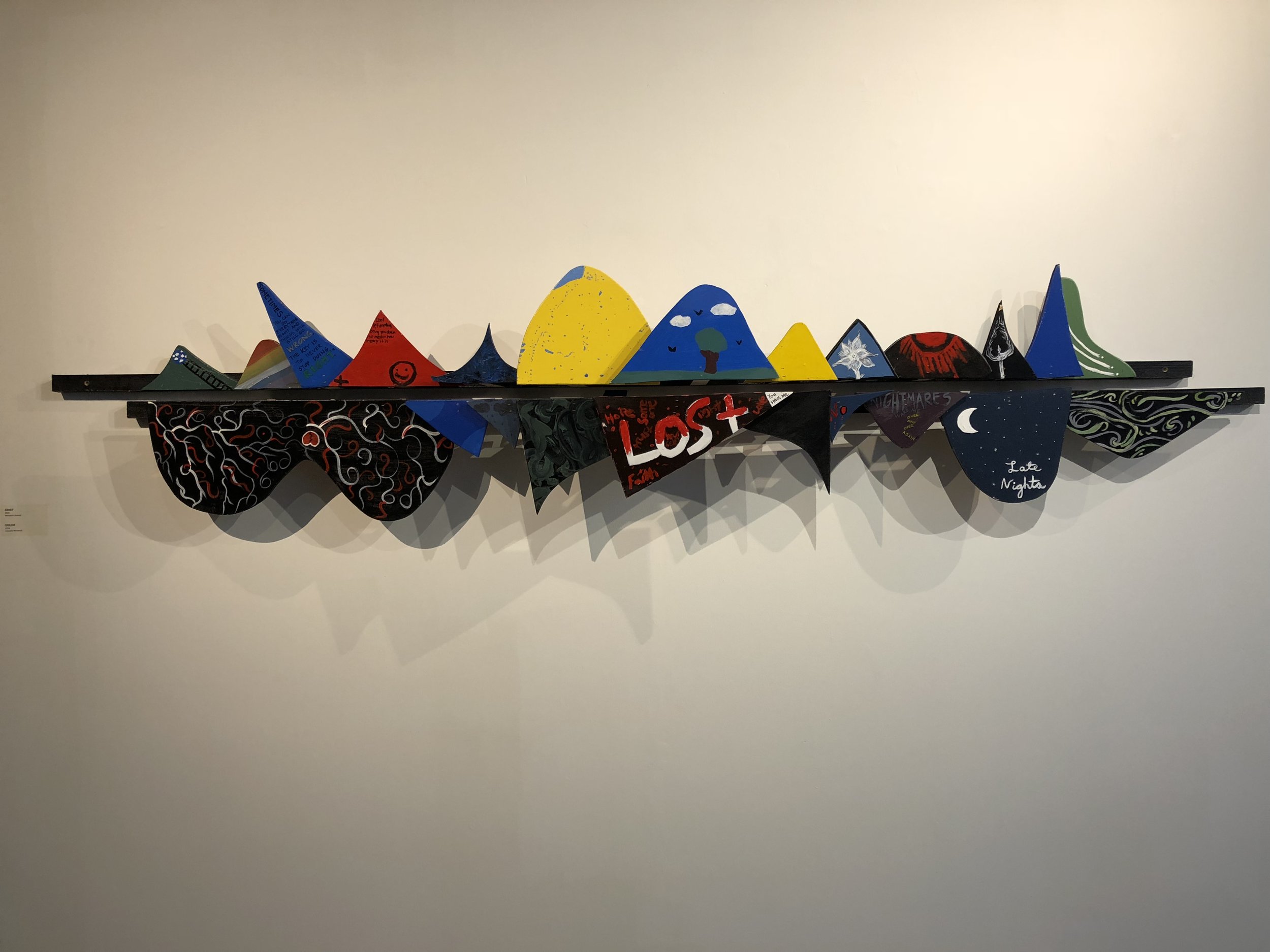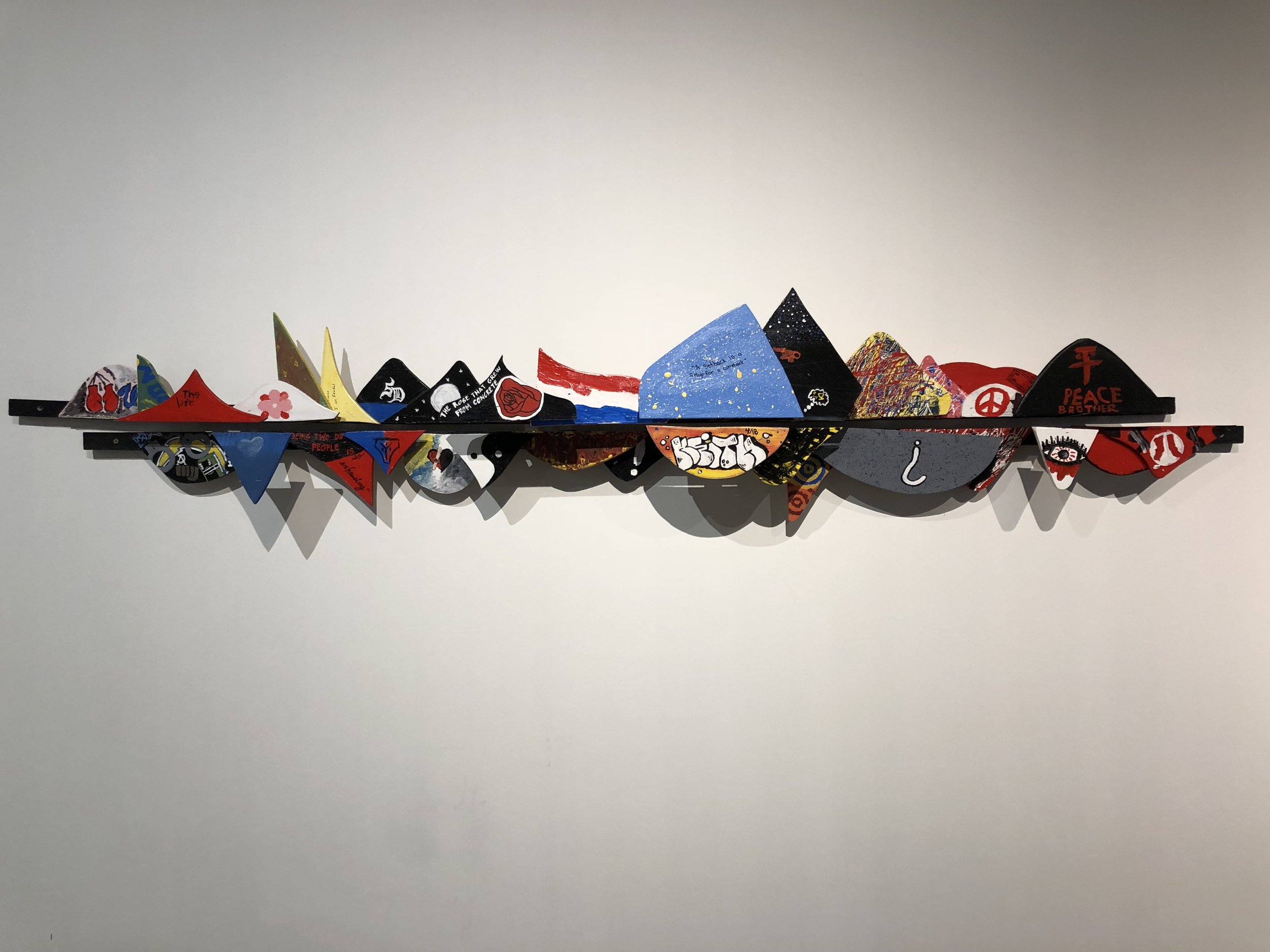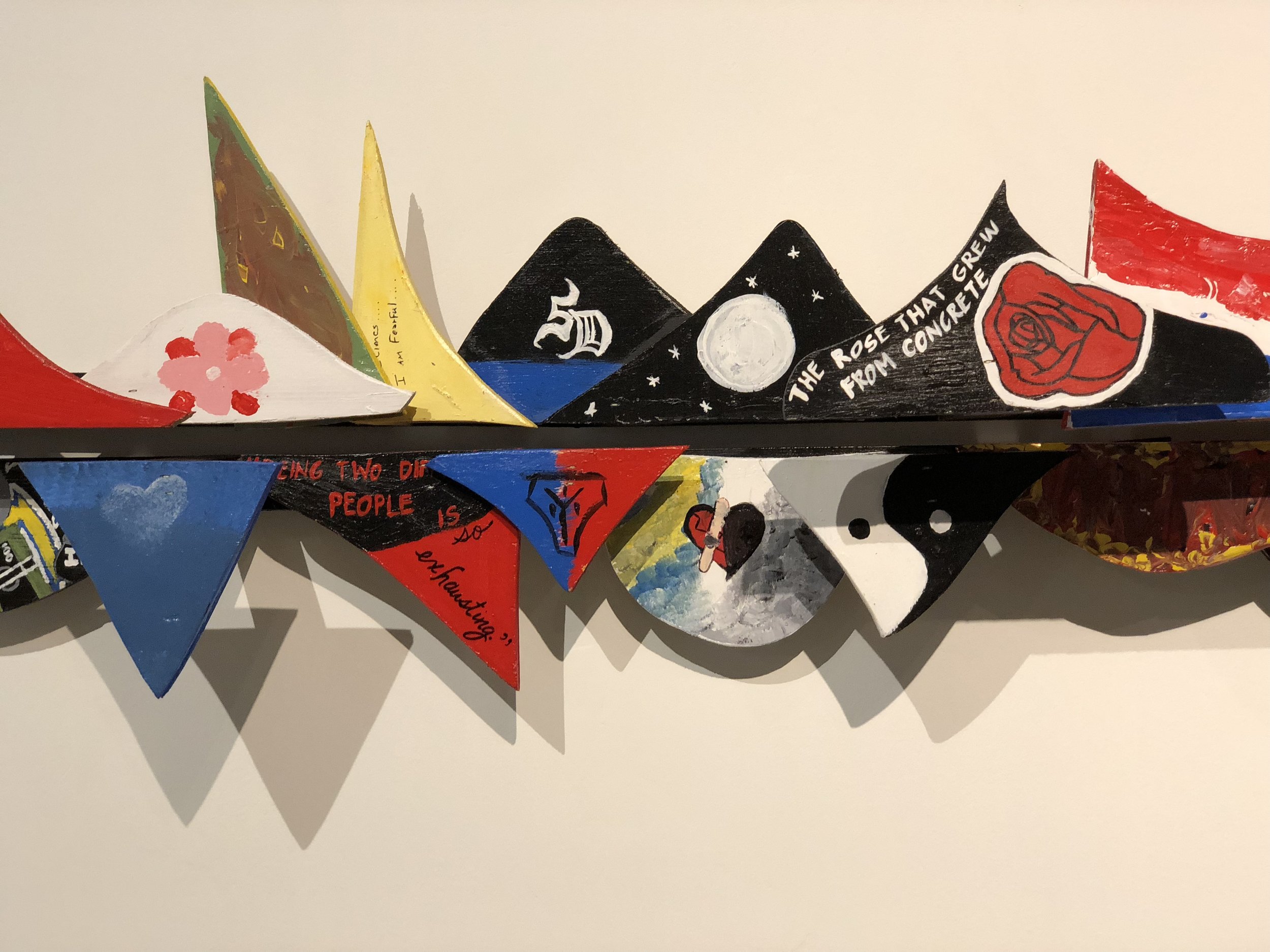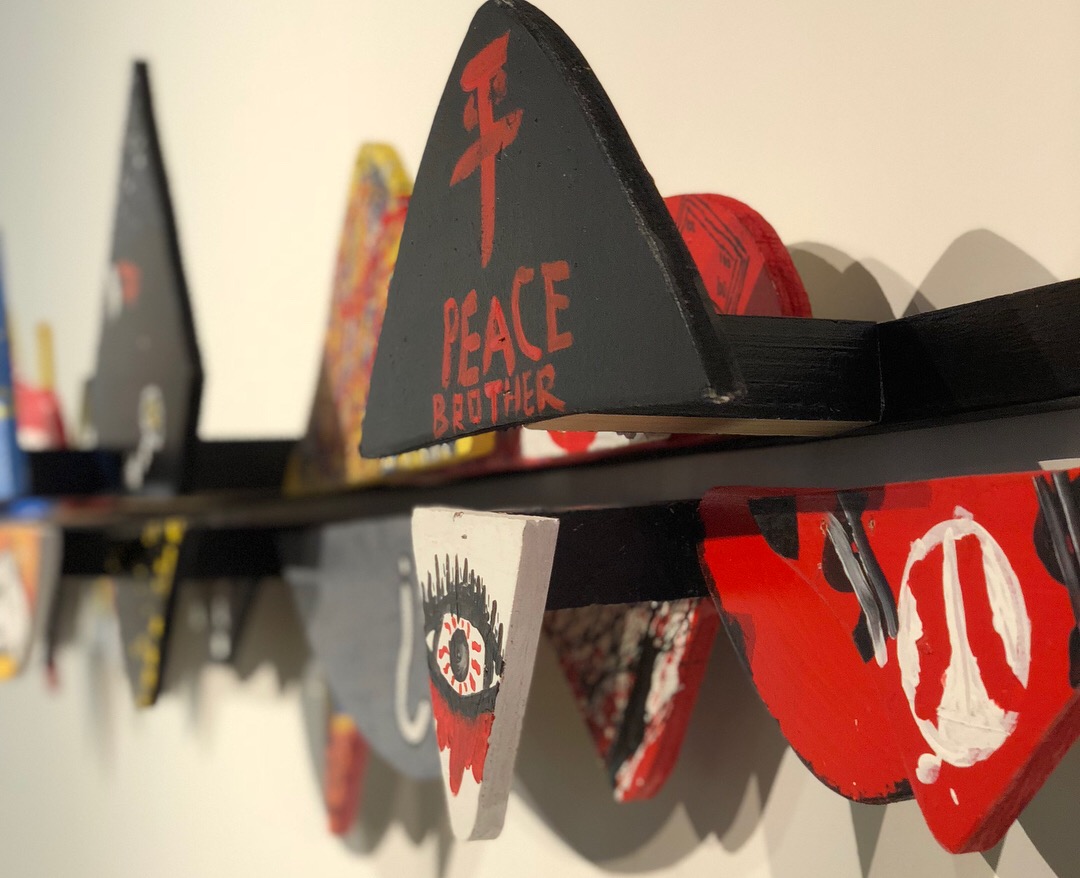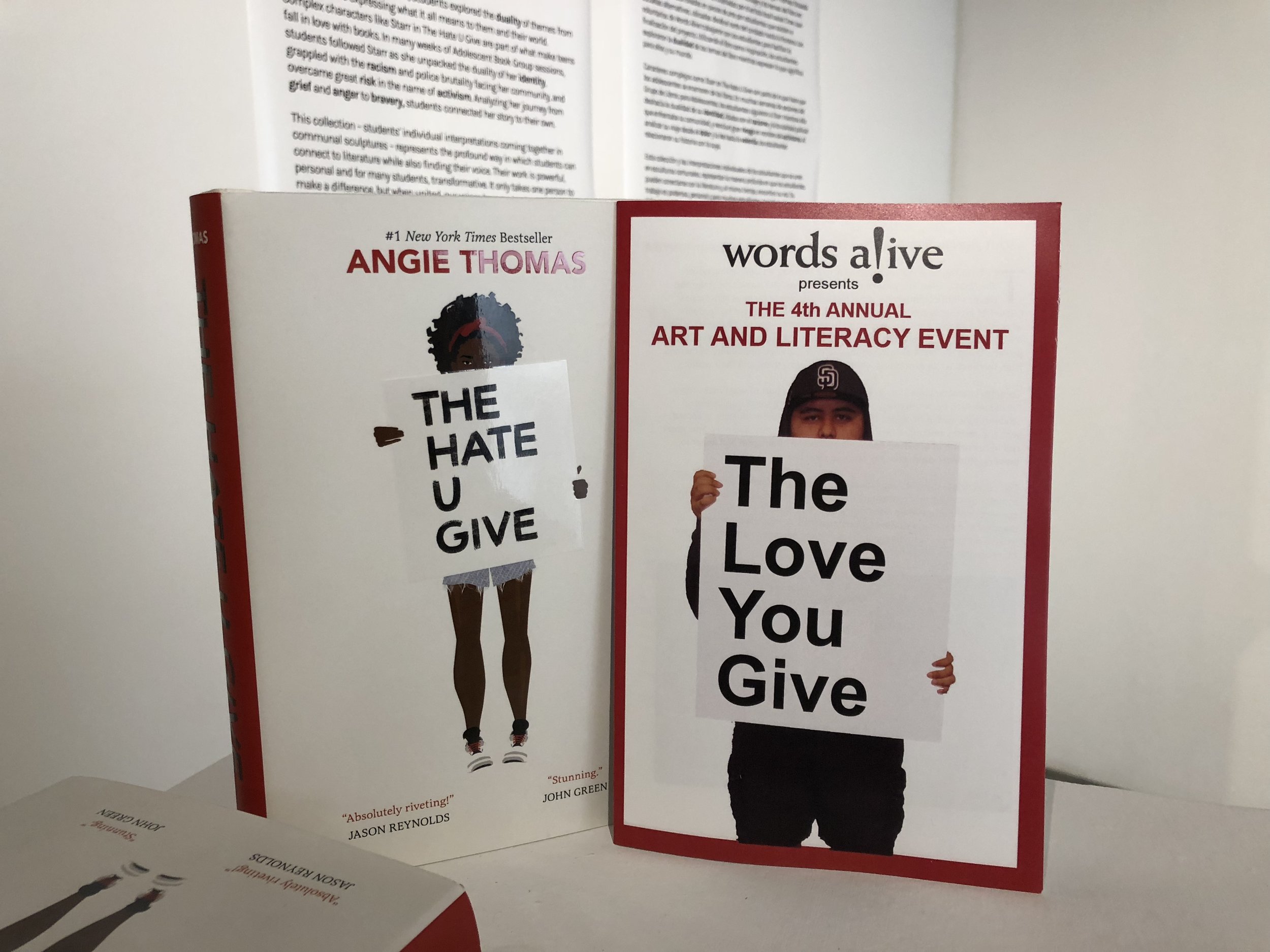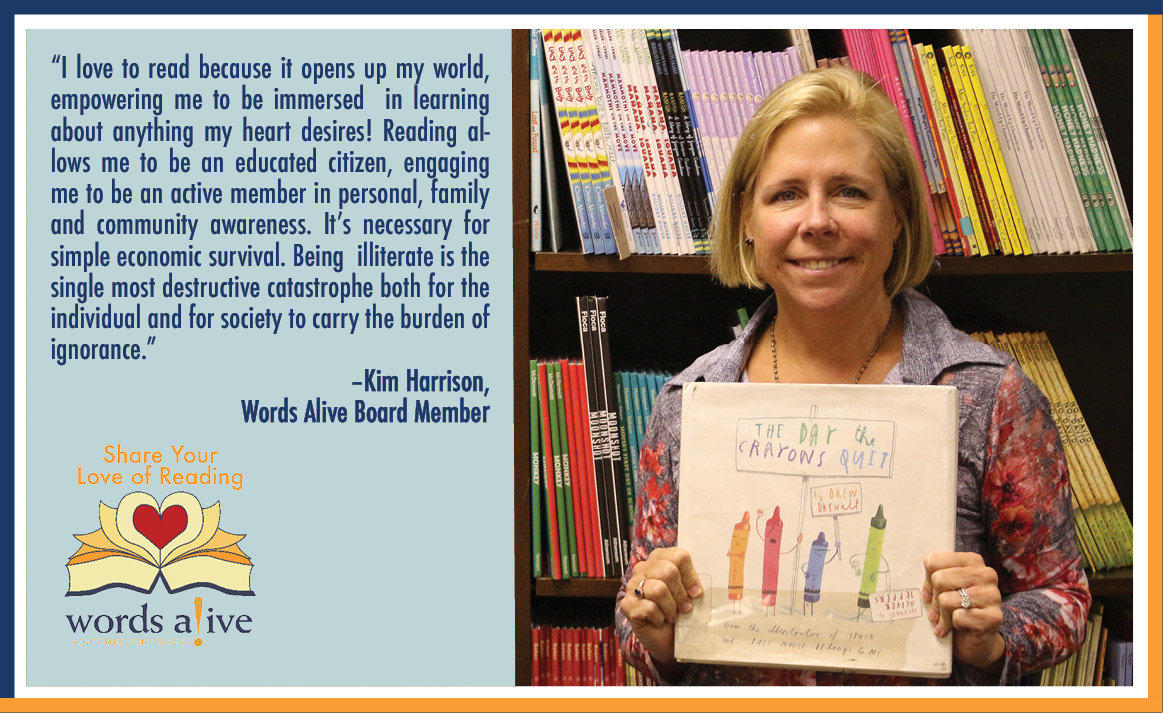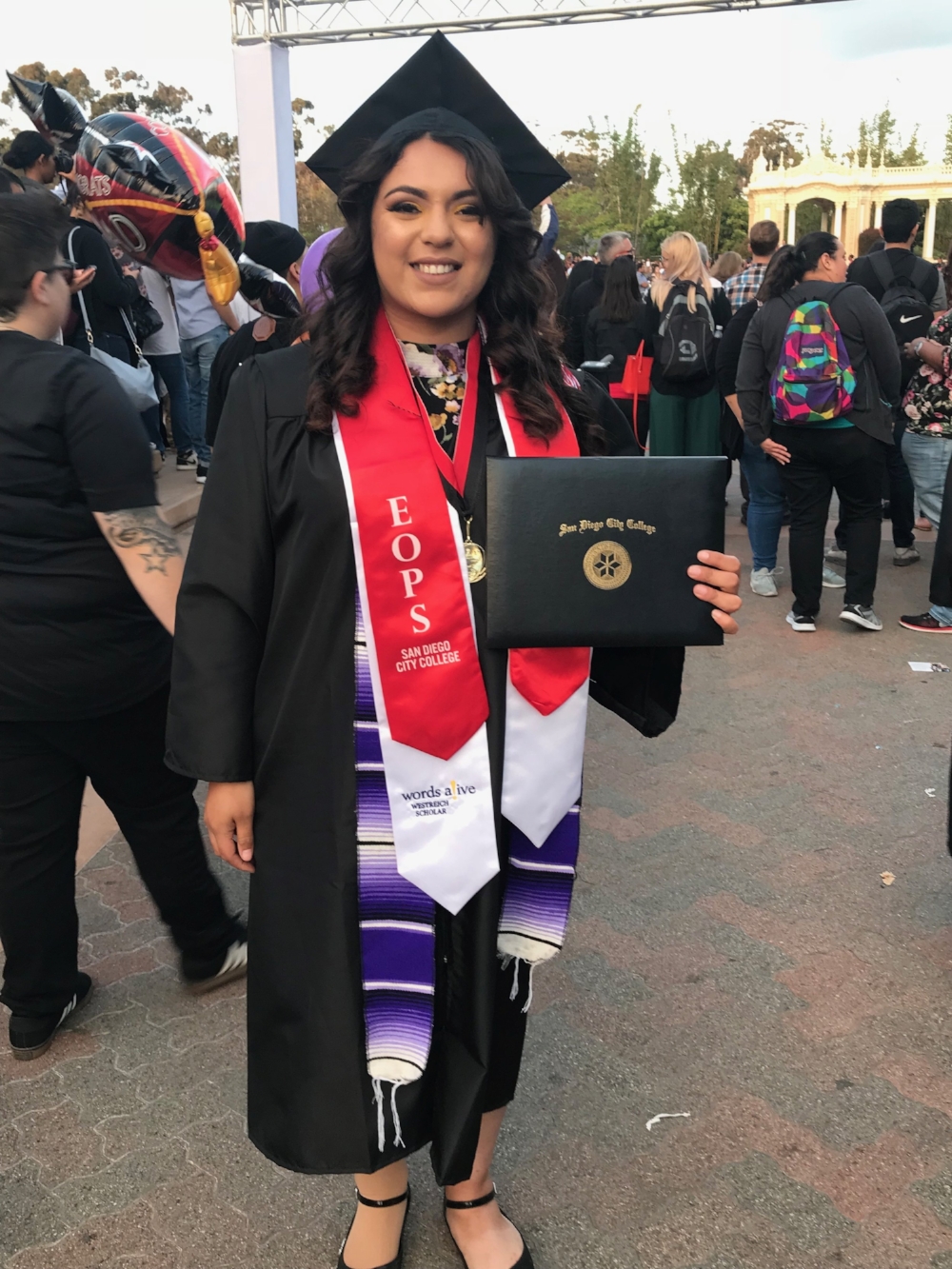Image: The 2017-2018 Words Alive Westreich Scholars pose with their awards at the San Diego Central Library.
Transitioning from high school to college can be challenging. In fact, as many as one-in-three first-year college students don’t return for sophomore year, according to U.S. News & World Report.
Here at Words Alive, we set college-bound students up for success through the Words Alive Westreich Scholarship and Mentorship program.
Domminiece Willis was a homeless, first-generation college student who struggled with depression and other personal and educational challenges when she first started college. Instead of giving up, she persevered and completed her associate’s degree at Southwestern College.
With hard work, determination and the support of the Words Alive Westreich Scholarship program, Domminiece is transferring to San Diego State University in the fall. She wants to work as a child life specialist, and eventually, a pediatrician.
“I am extremely proud of Domminiece for her resiliency and persistence through community college,” wrote Megan Turner, college and career coordinator at Monarch School, Domminiece’s alma mater. “She is a true example of hard work and determination for our younger students.”
Words Alive will present Domminiece, along with 11 other remarkable students from Juvenile Court and Community Schools, with the Words Alive Westreich Scholarship during the annual Awards Ceremony & Dinner on Wednesday, Aug. 22 at the San Diego Central Library.
Words Alive has awarded $37,500 in scholarships for the 2018-19 academic year. Nine returning scholars of the Words Alive Westreich Scholarship program will receive a $3,500 scholarship, while three first-time scholars will receive a $2,000 scholarship from the organization’s Julia & Zoey Shenkman Scholarship fund.
The 2018-2019 Words Alive Westreich Scholarship program recipients are: Paulina Aguilar-Lino (Southwestern College), Zaphire Alonso Duarte (San Diego State University), Destiny Frost (Cal State Bakersfield), Rose Gonzalez (San Diego State University), Diana Gonzalez-Soto (San Diego City College), Ulises Izucar (Point Loma Nazarene University), Aaron Juarez (Southwestern College), Zaira “Lexi” Martinez (San Diego State University), Alicia Osuna (San Diego City College), Daimeon Rodriguez (San Diego City College), Antonise Stewart (San Diego City College) and Domminiece Willis (San Diego State University).
Unlike other scholarship programs, which typically fund only tuition, books and educational supplies, each recipient is eligible to use their scholarship funds to cover the cost of rent, food, childcare, clothing, travel and other living expenses. Additionally, the program matches each scholarship recipient with a mentor, who meets with their student throughout the school year, providing guidance, direction, and often times, a “shoulder” to lean on.
San Diego philanthropist Ruth Westreich created the Words Alive Westreich Scholarship Program in 2007, with the first scholarships awarded the following year. The program awards scholarships to Words Alive Adolescent Book Group program participants to support them in their pursuit of higher education at the college or vocational level.
According to a 2018 survey, 100 percent of Words Alive Westreich Scholarship recipients said they now know how to access academic, professional and community resources on their own. Seventy-eight percent of scholars said they now feel more hopeful about their education and future.
“I realize that I’m resilient,” Domminiece wrote. “I might take a break, but I get back up. I won’t let myself fail.”
To recognize the 2018-19 scholarship recipients, Words Alive will host its annual Words Alive Westreich Scholarship Awards Ceremony from 5:30-7 p.m. Wednesday, Aug. 22 at San Diego Central Library, 330 Park Blvd. in downtown San Diego. RSVP here to attend.






